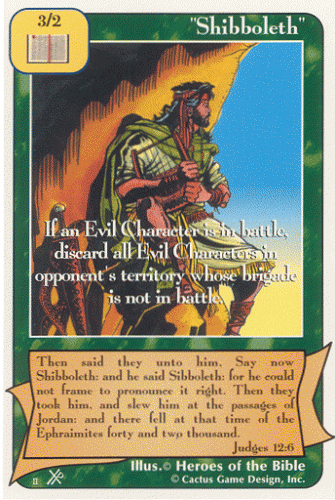I think often on my years as an altar boy. I must have been eight or nine when I was first plucked from the pew by the priest and asked to fill in, beginning my 3 or 4 years of service.
I still remember how seriously I took it, and how much my left-wing Catholic upbringing shaped who I am as a man, now almost 30 years later.
Of course, by twelve or thirteen I had gone from credulous earnestness to refusing confirmation and deciding there was no God. I was, of course, wrong.
My nine year old, raised in what I would say is a moral and rules based home, has not been raised religiously, aside from a quick grace at dinner. Even that solitary prayer is interrupted by deities only briefly with a "Dear Lord..." invocation, followed by standard tropes of gratitude, and a context-free "Amen."
Anyway, recently, she told me and her mother that she "did not believe in God."
Not angrily or defiantly, because there was no real weight to it.
We both (somewhat to my surprise) objected strenuously, and more or less told her she is wrong.
She's smart, you see. The conception of God she is able to form in her mind is, of course, very much not God. This is a problem many adults seem to face as well.
An inability to understand, or even properly conceive of the concept of God is definitional. The term should be understood as meaning beyond comprehension or understanding. That's why concepts like the trinity even exist--it's a koan, designed to take you past your understanding to a metaphysical place of wonder, and awe.
Lucky for us, she is nine, and still not infected with a strong sense of self, apart from others.
She is Us still, not really a separate entity.
I think that helps maintain a peace with not knowing, not controlling everything, not understanding all ideas or rules while still being able to accept them.
Her and I have been to mass together, once. Just a random Sunday. It didn't take. I don't want to give of myself to that entity any more, don't want to be used up, or serve the wrong master, or be exploited.
Can the heart exploit the hands? Can the mind abuse the lungs? Does the fascia serve the muscle? At what level do we exist most richly? Better to be a man alone, or the sole of a foot, forever trampled?
Of course, any reader of this era immediately assigns a Voltron-like form to this thought experiment, assigning one as the head/brain archetype, and others as the lowly feet.
Maybe it's better to ask if the oxygen resents the hydrogen in water.
Weird hierarchical brains.
I still remember how seriously I took it, and how much my left-wing Catholic upbringing shaped who I am as a man, now almost 30 years later.
Of course, by twelve or thirteen I had gone from credulous earnestness to refusing confirmation and deciding there was no God. I was, of course, wrong.
My nine year old, raised in what I would say is a moral and rules based home, has not been raised religiously, aside from a quick grace at dinner. Even that solitary prayer is interrupted by deities only briefly with a "Dear Lord..." invocation, followed by standard tropes of gratitude, and a context-free "Amen."
Anyway, recently, she told me and her mother that she "did not believe in God."
Not angrily or defiantly, because there was no real weight to it.
We both (somewhat to my surprise) objected strenuously, and more or less told her she is wrong.
She's smart, you see. The conception of God she is able to form in her mind is, of course, very much not God. This is a problem many adults seem to face as well.
An inability to understand, or even properly conceive of the concept of God is definitional. The term should be understood as meaning beyond comprehension or understanding. That's why concepts like the trinity even exist--it's a koan, designed to take you past your understanding to a metaphysical place of wonder, and awe.
Lucky for us, she is nine, and still not infected with a strong sense of self, apart from others.
She is Us still, not really a separate entity.
I think that helps maintain a peace with not knowing, not controlling everything, not understanding all ideas or rules while still being able to accept them.
Her and I have been to mass together, once. Just a random Sunday. It didn't take. I don't want to give of myself to that entity any more, don't want to be used up, or serve the wrong master, or be exploited.
Can the heart exploit the hands? Can the mind abuse the lungs? Does the fascia serve the muscle? At what level do we exist most richly? Better to be a man alone, or the sole of a foot, forever trampled?
Of course, any reader of this era immediately assigns a Voltron-like form to this thought experiment, assigning one as the head/brain archetype, and others as the lowly feet.
Maybe it's better to ask if the oxygen resents the hydrogen in water.
Weird hierarchical brains.








